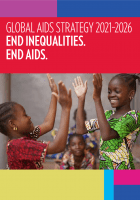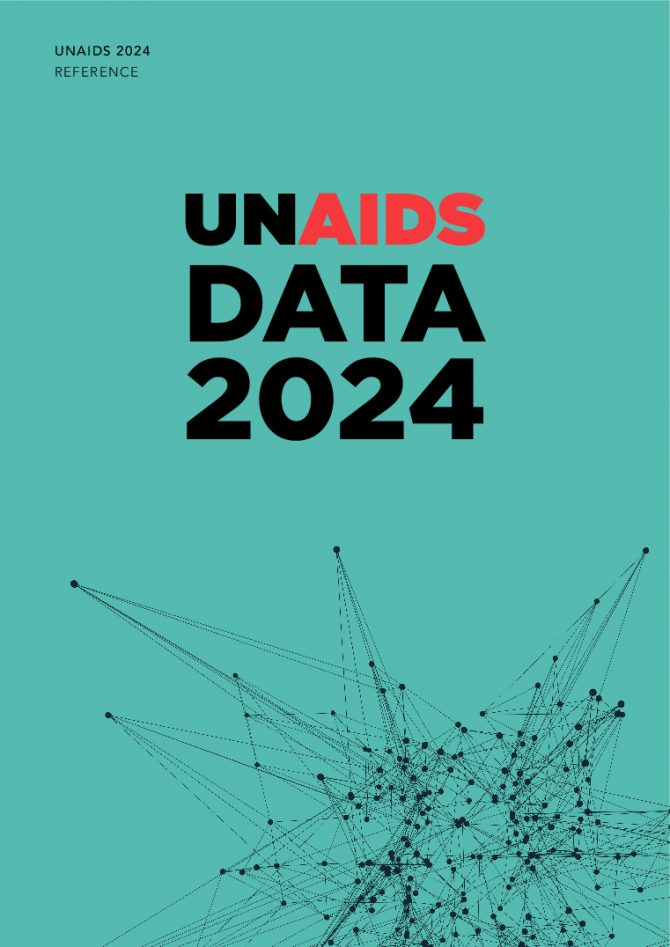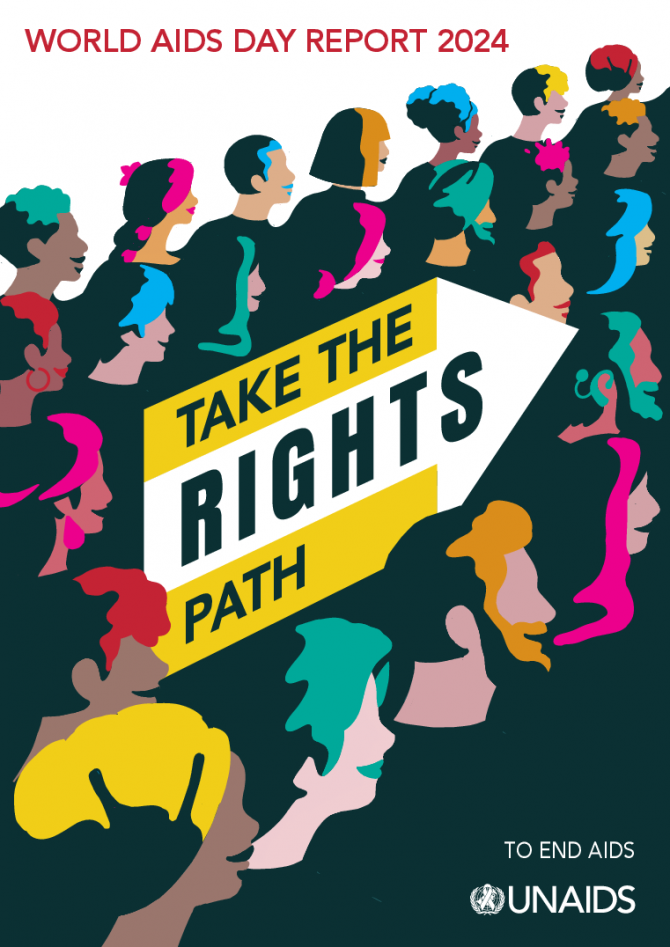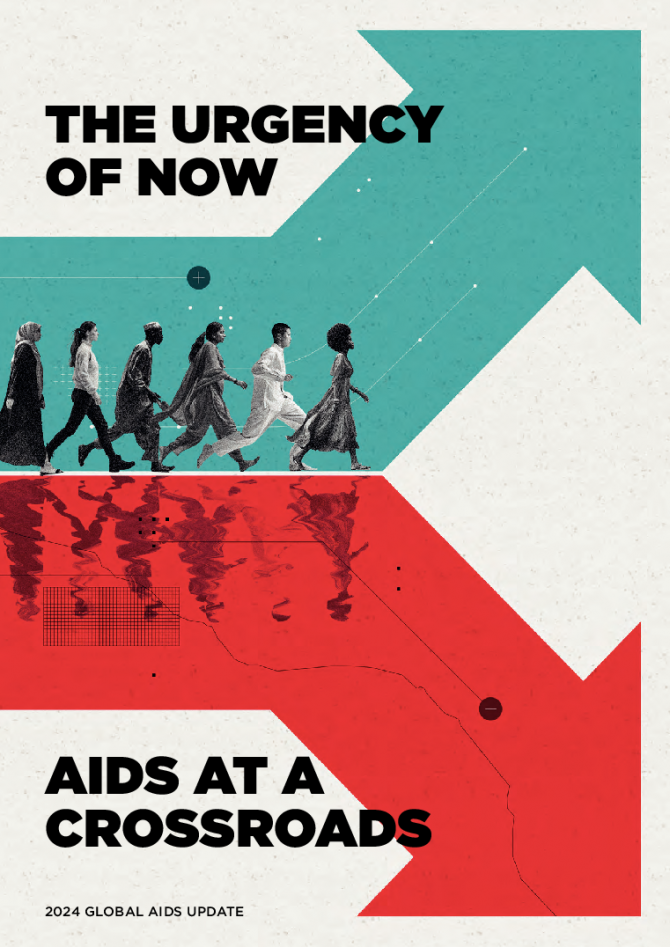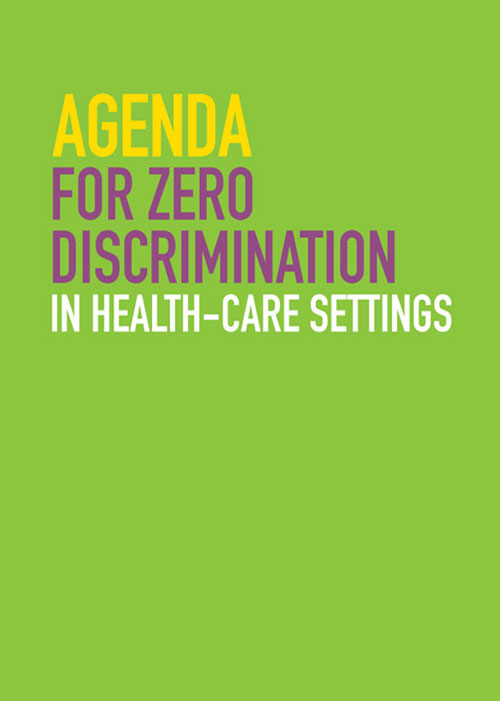A human rights-based approach is essential to ending AIDS as a public health threat. Rights-based approaches create an enabling environment for successful HIV responses and affirm the dignity of people living with, or vulnerable to, HIV.
With the adoption of the Sustainable Development Goals, United Nations Members States committed to leave no one behind and to end the HIV, tuberculosis and malaria epidemics by 2030. Leaving no one behind requires addressing stigma, discrimination, and other legal, human rights, social and gender-related barriers that make people vulnerable to HIV and hinder their access to HIV prevention, treatment, care and support services.
The AIDS response has demonstrated the importance and feasibility of overcoming legal, human rights and gender-related barriers to HIV services. Through advocacy and litigation, civil society and people living with HIV have been instrumental to advancing human rights in the response to the epidemic. In many countries across the world, their demands have led governments, parliamentarians, donors and partners such as the United Nations to support law reform, policy change and human rights programmes.
Yet these efforts and investments to advance human rights remain insufficient. Human rights challenges, including stigma and discrimination, inequality and violence against women and girls, denial of sexual and reproductive health and rights, misuse of criminal law and punitive approaches and mandatory testing remain among the main barriers to effective HIV responses. These challenges particularly affect people living with HIV and key populations.
UNAIDS ensures that global human rights standards and commitments translate into action and programmes at the country level by supporting stakeholders to build alliances within the Joint UNAIDS Programme and beyond and to respond effectively to human rights challenges in the context of the AIDS response.




